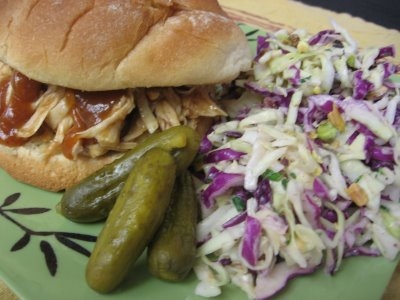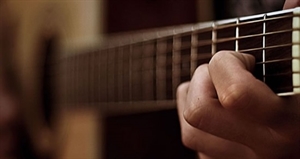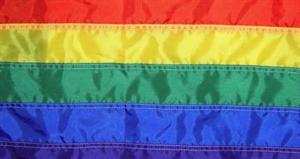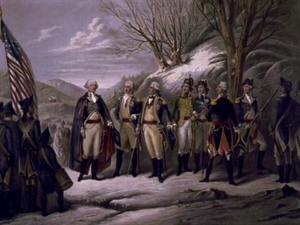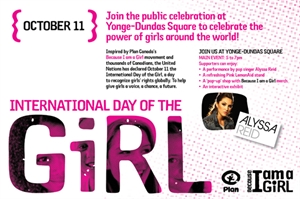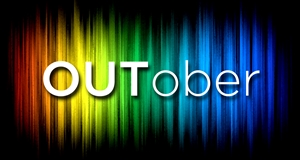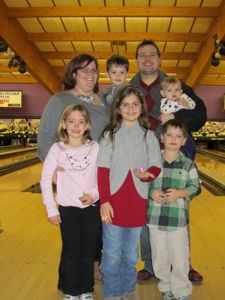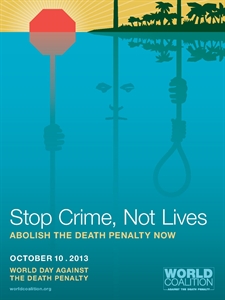Southern Food Heritage Day 2024 is on Friday, October 11, 2024: what are the special food treats of U.S, Presidents from Nixon to Obama?
Friday, October 11, 2024 is Southern Food Heritage Day 2024.
As an Amazon Associate I earn from qualifying purchases.
The Nixon family preferred modest American fare: fresh salads, California fruit, cottage cheese and yes, of course, meatloaf. It is possible these choices reflected Mr. Nixon's Quaker heritage.
President Fod preferred a salad made with crisp Boston lettuce and finely sliced red onion, tossed with a small quantity of a peppery French dressing...family dinner
favorites included...spareribs with sauerkraut, spaghetti and meatballs, burgers wrapped in bacon, liver and onions, and various casseroles.
Down-home southern style family fare. Interesting and unpretentious. What better way to describe the Carter family table? One of the Carters' favorite Southern-style side dishes was "red and white," or Red Beans and Rice...
President Reagan was especially fond of broiled swordfish napped with lemon butter. Mrs. Reagan is fond of number of fish dishes, including salmon mousse, grilled halibut steak, broiled trout with kiwi fruit, and swordfish Veronique...the Reagans ...enjoy some sort of light dessert after most every meal. Fruit desserts are especially popular, including a wide array of apple dishes...The President is fond of honey-baked apples, and Mrs. Reagan's favorite is an old-fashioned Apple Brown Betty.
Some Presidents are famous for enjoying fine food; others are noted for preferring "down home" simple fare. Mr. George Herbert Walker Bush is probably the only President best known for disliking a particular food. That would be broccoli. "A debate is under way among close associates of George Bush over the favorite snack of the President. Mr. Bush has long shown a fondness for pork rinds, so much so that Congressional leaders recently brought him some as a good-will gift. But some longtime Bush friends, such as Don Rhodes and Vic Gold, insist that his true love is popcorn.."
"THE good news is, my husband loves to eat and enjoys it," Hillary Clinton said. "The bad news is, he loves to eat, even when things are not always right for him." Visits to nine restaurants here that his friends say are among Bill Clinton's favorites, as well as sightings around the country, confirm his wife's description of his eating habits. From Sims Bar-B-Q to Juanita's, from Doe's Eat Place to Hungry's Cafe, President-elect Clinton prefers the stuff with fat in it: jalapeno cheeseburgers, chicken enchiladas, barbecue, cinnamon rolls and pies.
Because food wasn't much of a priority for the Bushes, whenever a dish met with Mrs. Bush's approval, the inclination among her staff was to have it served as often as possible. There's no better example of this than a fresh pea soup with mint we served one day...President and Mrs. Bush didn't eat only Tex-Mex food...One of their favorite things was warm biscuits...They also appreciatd a rich, homemade chicken pot pie.
Obama......Fried Chicked and Watermelon.....just kidding
Among the brands Obama has worn, sipped, eaten or driven in public: Hart Schaffner Marx suits, Black Forest Berry Honest Tea, Fran's Chocolates, Planters Trail Mix and the Ford Escape hybrid SUV. He also drinks lots of bottled water... Key Obama family brands:... *Snacks. Obama tries to snack healthy. He likes Planters Trail Mix: Nuts, Seeds and Raisins. Planters has White House links dating to former president (and peanut farmer) Carter, as a sponsor of the Plains, Ga., Peanut Festival, says Laurie Guzzinati, a Kraft Foods spokeswoman. For sweets, the Obamas eat Fran's Chocolates, an artisan chocolate brand from Seattle. The president-elect prefers Fran's Smoked Sea Salt Caramel in Milk Chocolate ($24 for a 16-piece box); wife Michelle prefers dark chocolate, says Sean Seedlock, Fran's marketing chief. *Drinks. Obama is a fan of Black Forest Berry Honest Tea. "It raises the profile of our brand and all organic products," says Seth Goldman, CEO of Honest Tea. "We'd love for it to be the official drink of the new administration.""
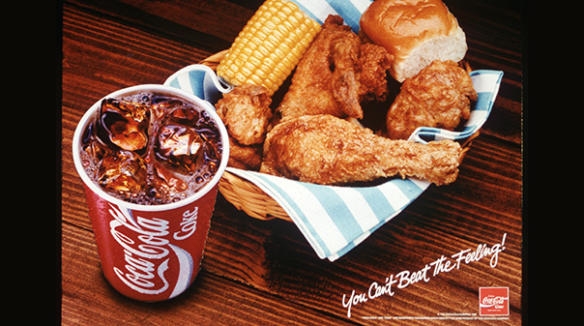
What is this Kwanzaa day ? Is it a day when the government distributes food stamps?
Kwanzaa is a week-long celebration in the United States honoring African heritage, culture, and seven basic principles. It is observed from December 26th to January 1st each year.
The seven principles are:
1. Umoja (Unity)
To strive for and maintain unity in the family, community, nation and race.
2.Kujichagulia (Self-Determination)
To define ourselves, name ourselves, create for ourselves and speak for ourselves.
3.Ujima (Collective Work and Responsibility)
To build and maintain our community together and make our brother's and sister's problems our problems and to solve them together.
4. Ujamaa (Cooperative Economics)
To build and maintain our own stores, shops and other businesses and to profit from them together.
5. Nia (Purpose)
To make our collective vocation the building and developing of our community in order to restore our people to their traditional greatness.
6. Kuumba (Creativity)
To do always as much as we can, in the way we can, in order to leave our community more beautiful and beneficial than we inherited it.
7. Imani (Faith)
To believe with all our heart in our people, our parents, our teachers, our leaders and the righteousness and victory of our struggle.
Kwanzaa features activities such as lightning a set of seven candles,called a Kinara, which represent the seven principles, pouring of libations, and ending in a feast and gift giving. Gifts are mainly given in children and include educational books and art or clothing. The art and clothing are either homemade or locally produced and must represent african history and culture.
You'll hear many people say the holiday is 'fake' or a 'lie' because it didn't originate in africa. It was created by Dr. Maulana Karenga in 1966, who is an american and currently a Professor and Academic Adviser Department of Africana Studies at California State University.
Originally, Kwanzaa was created to give people of african heritage an alternative to the existing holidays and an opportunity to celebrate themselves and their history, rather than simply imitate the practices of the dominant society. The founder later decided it should not be an alternative to faith based holidays and could be celebrated along with the other holidays by anyone. However, very few people actually celebrate the holiday today. Most americans of african heritage today prefer to consider themselves to just be american and have issues with the principles of Kwanzaa and the man who created the holiday.
The name Kwanzaa derives from the Swahili phrase 'matunda ya kwanza', meaning first fruits of the harvest. Kwanzaa is modeled on first-fruits or harvest celebrations in ancient Africa, especially on Southern African first-fruits celebrations like Umkhost of Zululand which has seven days. Crops are symbolic of the rewards of productive and collective labor, which is one of the seven principles of Kwanzaa.
The links below provide more information:
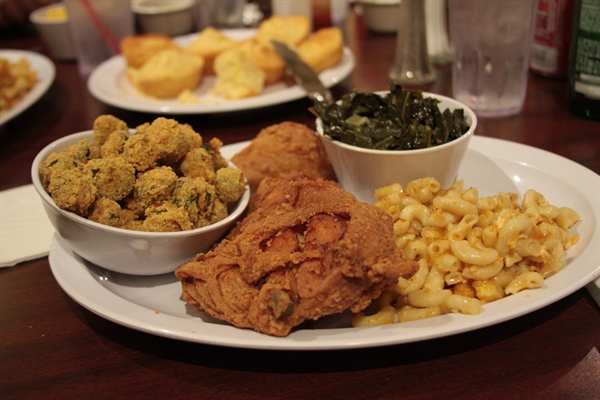
Malacca foods?
Malacca (Jawi: ملاك; Malay: Melaka), dubbed as Negeri Bersejarah (Malay: historical state) or Negeri Hang Tuah (Hang Tuah state) is the third smallest state of Malaysia, after Perlis and Penang. It is located in the southern region of the Malay Peninsula, on the Straits of Malacca. It borders Negeri Sembilan to the north and the state of Johor to the east. The state's capital is Malacca Town.
Malacca is well-known for its food. Most notable of all is the Nyonya-Baba cuisine which is a mixture of Chinese and Malay cooking with most dishes being spicy in nature. Interesting dishes of the Peranakan include Itek Tim (a soup containing duck and salted vegetables), Ayam Pong Teh (chicken casserole with salted brown-bean sauce) as well as the famous Nyonya Laksa.
Baba-Nyonya house in Melaka
The Portuguese colonization of the early 16th century also contributed dishes like Devil's Curry and Portuguese tart to the town's already rich cuisine. The interesting Chinese cuisine in Melaka includes the popular Chicken Rice Ball as well as dodol, a sort of solidified pudding generally made with durian or coconut. Ikan Bakar restaurants are also popular in Melaka with places like Umbai, Serkam and Alai being the choice of the populace.
The average tourist can find most popular Malaccan cuisine at the foodcourts or medan selera as they are referred to in the local Malay language.
Melaka's ethnic Portuguese population is a unique cultural and historical legacy of Portuguese colonization in the 16th and 17th century. Even to this day, many of the ancient traditions passed down since the Portuguese occupation are still practised, i.e. "Intrudu" (a water festival that marks the beginning of the Catholic fasting season, the season of Lent), "branyu" (traditional dance), "santa cruz" (a yearly fiesta of street celebrations).
Cultural Heritage
As a trading port, Malacca became a meeting point for every seafaring nation. Persians, Arabs, Tamils, Malabarese and Bengalis from the west; Javanese, Sudanese and Sulus from the archipelago; Chinese, Thais, Burmese as well as Khmers ventured here in search of profit through trade, piracy and plunder. Each in turn left something of their own culture to be forged and blended into a new and unique mix.
Malacca today is a land of many sights and attractions, rich in colour and contrasts. The multi-racial population live and work in harmony, yet preserving the traditions and cultures unique to each race. Malacca's fascinating cultures are strongly evident everywhere one goes. From the typical roadside stall to the royal palace, the rich heritage of Melaka's cultural traits continue to influence the lives of the people here.
Cultural diversity abound in the games played, in the savoury food prepared, in the many art forms and pastimes, in the colourful festivals that are reverently looked forward to and indeed in the many facets of their lifestyles. So rich and fascinating are the cultures that volumes have been written about them. Visitors to Malacca too, are often awe-inspired by the sheer fascination of the multi-faceted cultures.
Religion
As Islam is the official religion of Malaysia, this also applies to Malacca but still provides the freedom of religion for all. The mosques in Malacca has very unique architectural works that can fascinate all. The churches and temples are also tourist attractions in Malacca.
Community
Malacca is a multi-racial place of friendly, warm hearted people, comprising of Malays, Chinese, Indians, Baba-Nyonya, Portuguese and Chitty.
Food
Malacca offers a broad range of flavours. The adventurous gourmet will be spoilt for choice with a selection including Malay, Western, Chinese, Indian, Thai or a rich melange of cuisines. Malacca is also the birth place and home to Peranakan cooking, that exotic blend of Chinese and Malay savoury cuisines. Piquant Portuguese dishes are also exclusive on local menus, reflecting this community’s indelible influence on the state’s rich culture and cuisine. So, it’s a must to relish every bit of everything, when in Malacca.









